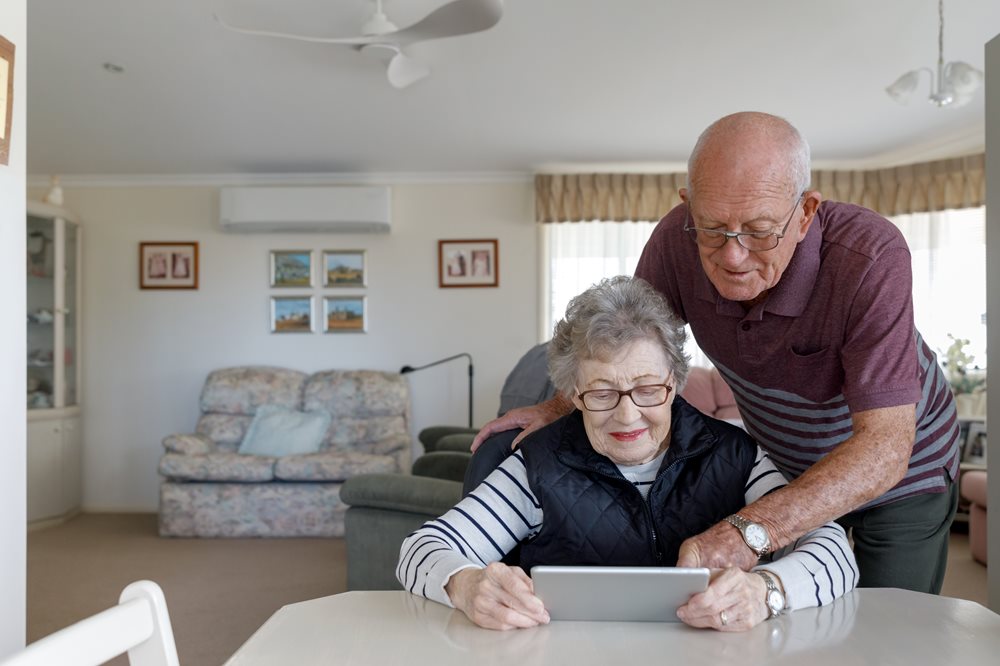The impact of Covid-19 on Kiwis with dementia
Covid-19 is taking a major toll on New Zealanders with dementia, who are already some of our most vulnerable citizens.

That’s our message as we enter World Alzheimers Month heading towards World Alzheimers Day (21st September).
Even under alert level 2, support services for thousands of New Zealanders with dementia are significantly disrupted. The situation was far worse during level 4 lock down. And rest homes, which are often home to people with dementia, go into lock down when new clusters surface.
It’s greatly exacerbated their already heightened sense of isolation and anxiety, prevented them from seeing family, disrupted daily routines that are so important to people living with dementia, and stopped carers from getting the breaks they so desperately need.
Most of the people who have lost their lives in New Zealand were associated with the aged care clusters, many of whom have dementia.
It’s great we have the pandemic under some sort of control in New Zealand, but out of our team of five million, people with dementia paid an extraordinarily heavy price.
Covid-19 has highlighted the need for a national, government-backed response plan to deal with the dementia challenge facing this country.
Earlier this year the dementia sector prepared and presented to government the first-ever NZ Dementia Action Plan. The Plan provides government with a blueprint for managing the rapidly growing incidence of dementia.
Now, more than ever, we need that Plan in place.
The impact of Covid-19 on people with dementia has been even worse internationally.
To mark World Alzheimers Month, Alzheimers Disease International (ADI), of which Alzheimers NZ is a member, released data showing up to 75% of Covid-19 deaths in care facilities globally are those for whom dementia is an underlying condition.
The ADI data shows in Canada, 85% of all Covid-19 deaths are in long term care, where two thirds of people have dementia. The UK figure stands at 26% and in parts of Italy, 20% of all Covid deaths are people with dementia.
In a statement, ADI CEO Paola Barbarino says: “Many of our member associations globally have had to cease face-to-face dementia care and support, such as day-care centres and care at home.
“We need governments to act immediately to protect our vulnerable communities. Governments must protect the rights of people with dementia, their right to access healthcare, treatment and support and, especially at this time, to palliative care.”
The dementia community globally and the World Health Organization understand the need for governments to have response plans for dementia – we need the New Zealand government to step up, too.

